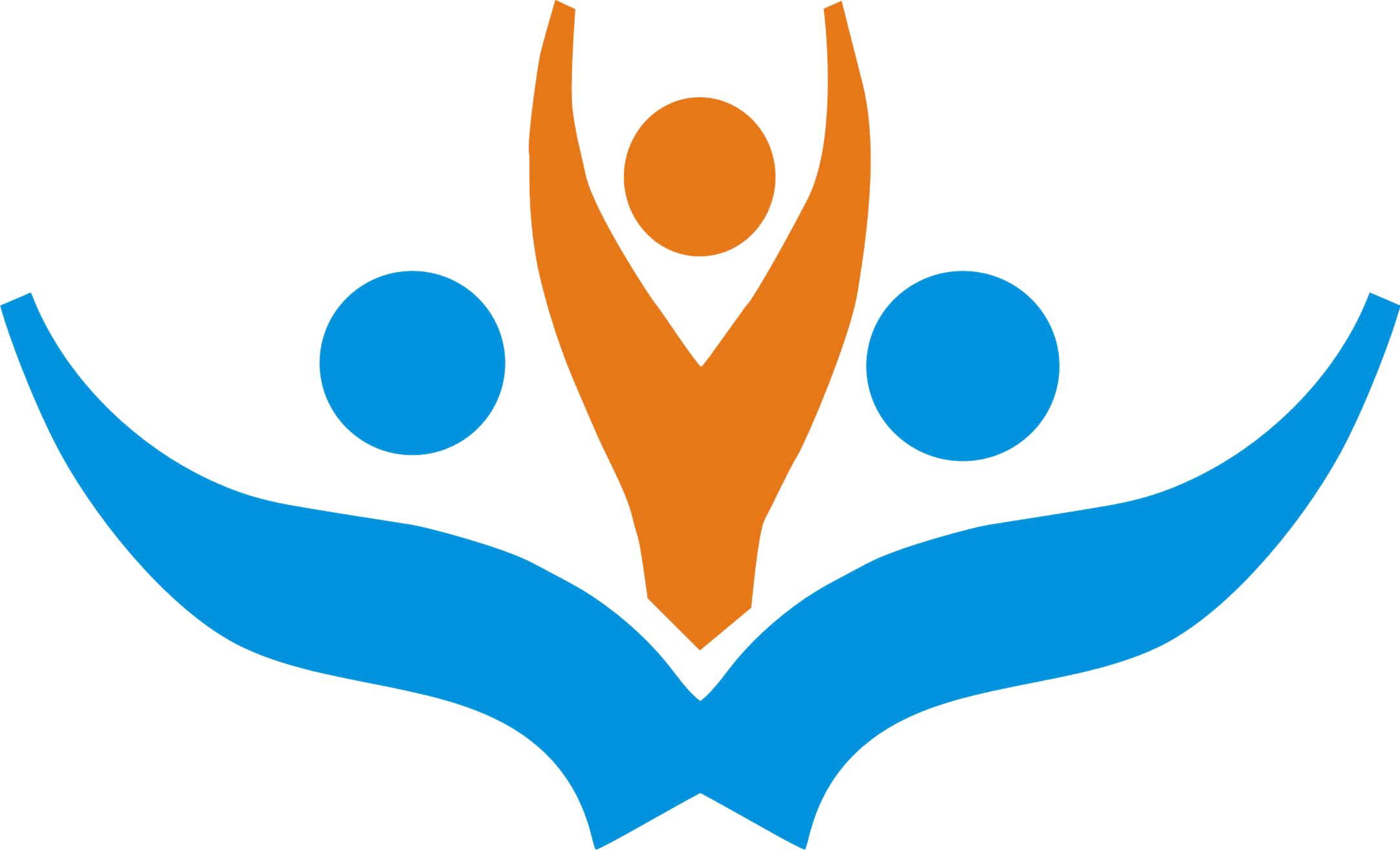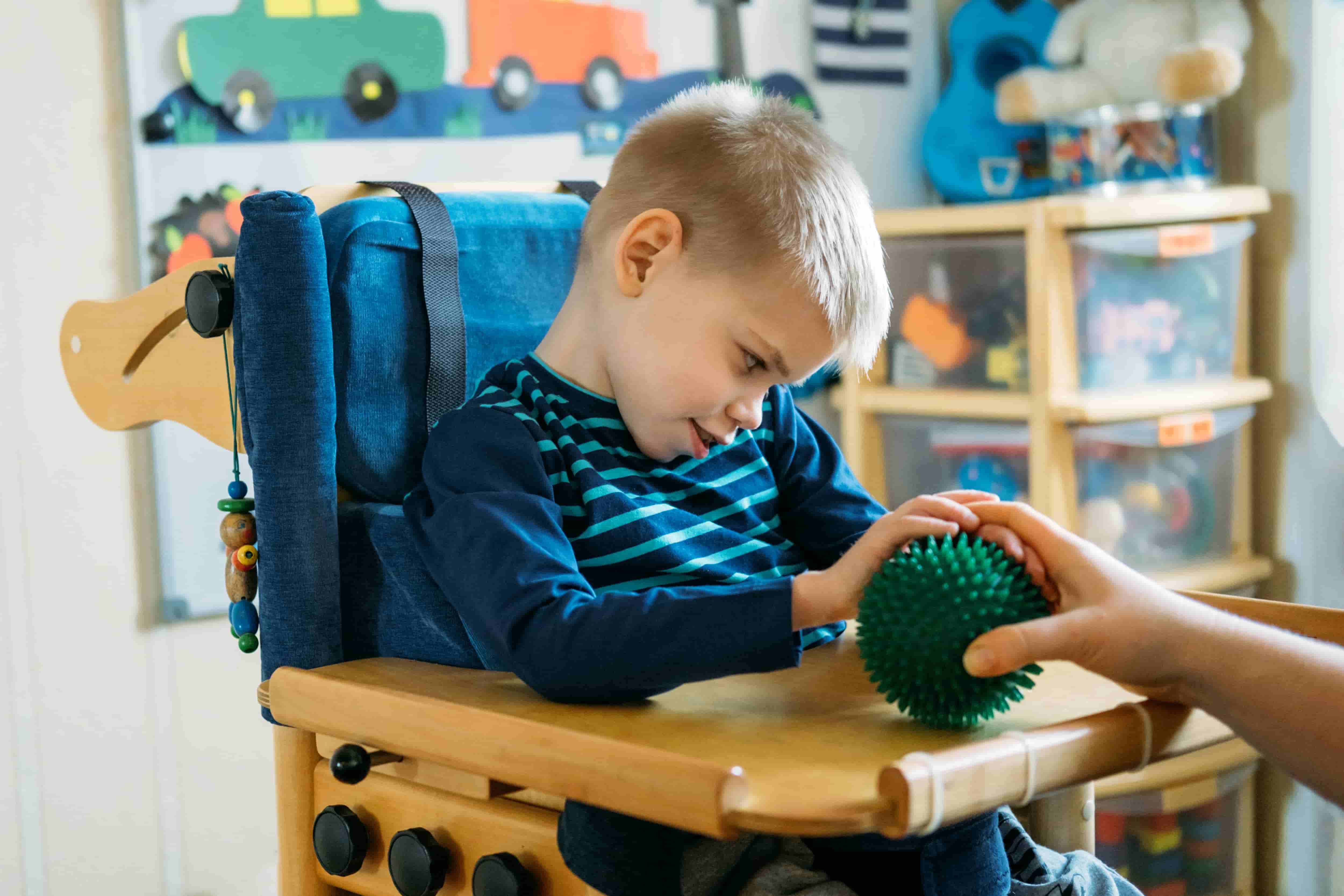
Embracing children fighting big battles
Going back to school as a child can be exciting, seeing their friends again after the vacation. On the other hand, for some children, going back to school can be challenging and scary if they are faced with a learning disability or behavioral disorder that makes it difficult for them to pay attention in class, communicate or retain information.
Around 10% to 12% of school going population in India has a learning disability or behavioral disorder. These disabilities inhibit the ability to process and retain information which can affect how a child communicates with other people and how they understand information that’s given to them.
Many parents might misinterpret their child’s struggle with handwriting as a normal developmental stage rather than Dysgraphia, a learning disability that affects writing skills. Commonly referred to as the ‘written expression disorder’, Dysgraphia is characterized by difficulty expressing thoughts through writing, spelling and handwriting. It can also involve difficulty with shaping letters, words, and even numbers.
Children with Dysgraphia may have trouble with thinking while writing, holding a writing tool correctly or even drawing straight lines. There are some specific symptoms that you can look for in order to identify early signs of this disability and early diagnosis is vital to the continued health and education of your child. Try to observe the following symptoms:
• An awkward writing tool (pencil or pen) grip
• Unusual position of the wrist, body or paper
• Quickly becoming tired from writing and/or complaining of discomfort
• Poorly formed and inconsistently formed letters
• Avoiding writing or drawing tasks
• Saying words out loud while writing or carefully watching the hand that is writing
• Failing to finish words or omitting words from sentences
• Difficulty following spelling and grammar rules
• Orienting letters incorrectly
• Difficulty organizing thoughts on paper
• Inability or difficulty performing tasks that require thinking and writing at the same time such as taking notes
If your child displays one or more of these symptoms, gather information and look for treatment options.
Children with Dysgraphia often suffer from emotional stress. They are likely to feel frustrated over their inability to do what their classmates can do and may be unfairly criticized for being sloppy, inattentive, careless or lazy in their work. They are also likely to fall behind with school work, which may lead not only to poor grades but also to anxiety or depression.
Behavioral Disorders
Some children have extremely difficult and challenging behaviors that are outside the norm for their age. These problems can result from temporary stressors in the child’s life or they might represent more enduring disorders. The most common disruptive behavior disorders include Oppositional Defiant Disorder (ODD), Conduct Disorder (CD) and Attention Deficit Hyperactivity Disorder (ADHD).
Oppositional Defiant Disorder (ODD)
ODD is a behavioral disorder, usually diagnosed in childhood, that is charecterised by uncooperative, defiant, negative, irritable and annoying behaviors towards parents, peers, teachers and other authority figures. Many children, particularly adolescents, can be oppositional. However, the oppositionality of ODD persists despite reasonable parenting strategies. The most concerning form is that of early onset which can occur even in preschool years and it puts very considerable pressure on the families.
Conduct Disorder (CD)
CDs are repetitive and persistent patterns of behaving, where the young person behaves in ways which go against social norms and that are not in line with normal behaviors for the age of the child. Children and teenagers with a conduct disorder may get gratification out of hurting someone else, lying or stealing. Conduct disorders can be difficult to diagnose, as some of these troublesome behaviors can be a result of environmental factors or other mental health conditions.
Attention Deficit Hyperactivity Disorder (ADHD)
ADHD may affect all aspects of a child’s life. It impacts not only on the child, but also on parents and siblings, causing disturbances to family and marital functioning. The adverse effects of ADHD upon children and their families change from the preschool years to primary school and adolescence, with varying aspects of the disorder being more prominent at different stages. ADHD may persist into adulthood causing disruptions to both professional and personal life.
Studies show that boys are more likely than girls to suffer from behavioral disorders. Treatment options include parent management training, cognitive behavior therapy, medication and treatment for associated problems.
An undiagnosed learning disability/writing skills and behavioral disorder could set your child back academically and limit their opportunities and achievements. Early detection and treatment can make a huge difference in your child’s development, so it is very important to trust your observations and seek treatment as soon as possible.
After your child has been diagnosed, Chetna Foundation provides you with the next steps in treatment. We do provide several therapy programs and other treatment options based on your child’s needs.
| Tweet |





